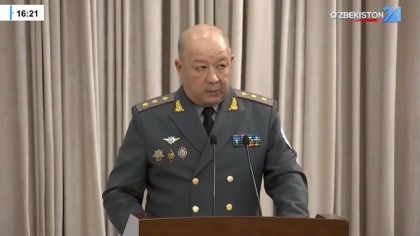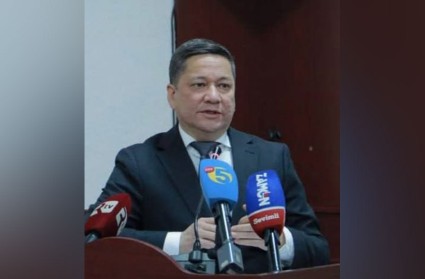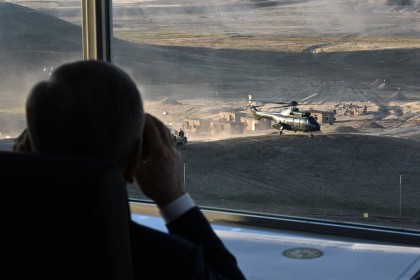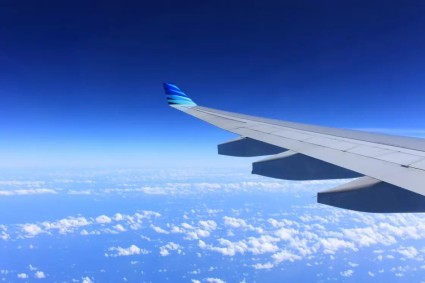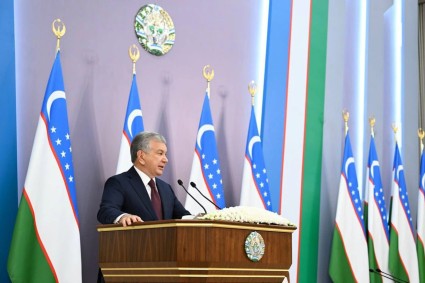Deputy Prime Minister Jamshid Khodjaev, speaking on the sidelines of the 58th annual meeting of the Asian Development Bank (ADB) in Milan, spoke about economic reforms, PPP projects and plans to reduce poverty in Uzbekistan.
According to him, the difficult geopolitical situation, global economic instability, food and energy shortages, poverty and environmental problems are becoming increasingly pressing issues in the world.
He underscored that Uzbekistan had been "rapidly implementing large-scale reforms and fundamental transformations" in recent years. "We attach particular importance to liberalizing the economy and improving the standard of living and well-being of our people," he said.
Deputy PM Khodjaev said that in recent years, the Uzbekistan’s GDP has doubled and surpassed $100 billion for the first time. He emphasized that the poverty level has been reduced from 23% to 11% in four years. “This year, we plan to reduce it to 9% and halve it by 2030,” he underscored.
Speaking about measures to combat poverty, Khodjaev said: “We are implementing a multidimensional poverty reduction program, which includes expanding access to quality education and health care, improving housing conditions, strengthening social protection, and building infrastructure in the most remote areas.”
He quoted Nobel laureate Abhijit Banerjee, who called Uzbekistan’s mahalla system “a unique recipe that can pull every needy family out of poverty.” “We have developed our own model for reducing poverty at the mahalla level, based on advanced international experience,” the deputy prime minister added.
Khodjaev also underscored progress in the field of education: “Over the past eight years, preschool education coverage has increased from 27% to 74%. Thanks to the construction of new schools, we have created an additional 800,000 places. The number of universities has surpassed 200, and the level of higher education coverage has increased from 9% to 38%.
He emphasized that Uzbekistan's annual need for the development of energy, water, transport, IT and other infrastructure is about 10% of GDP ($11.5 billion).


